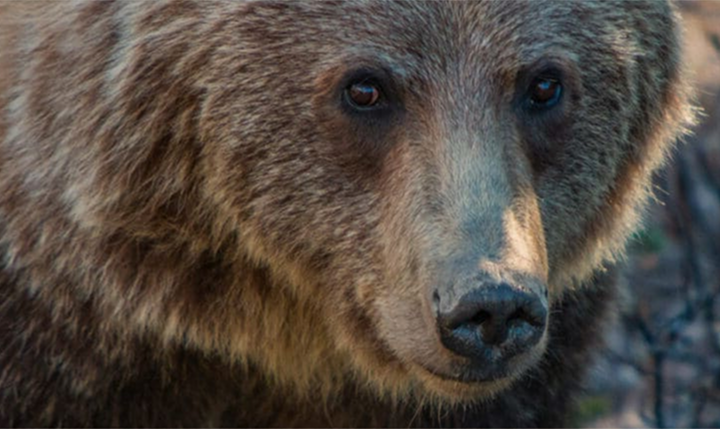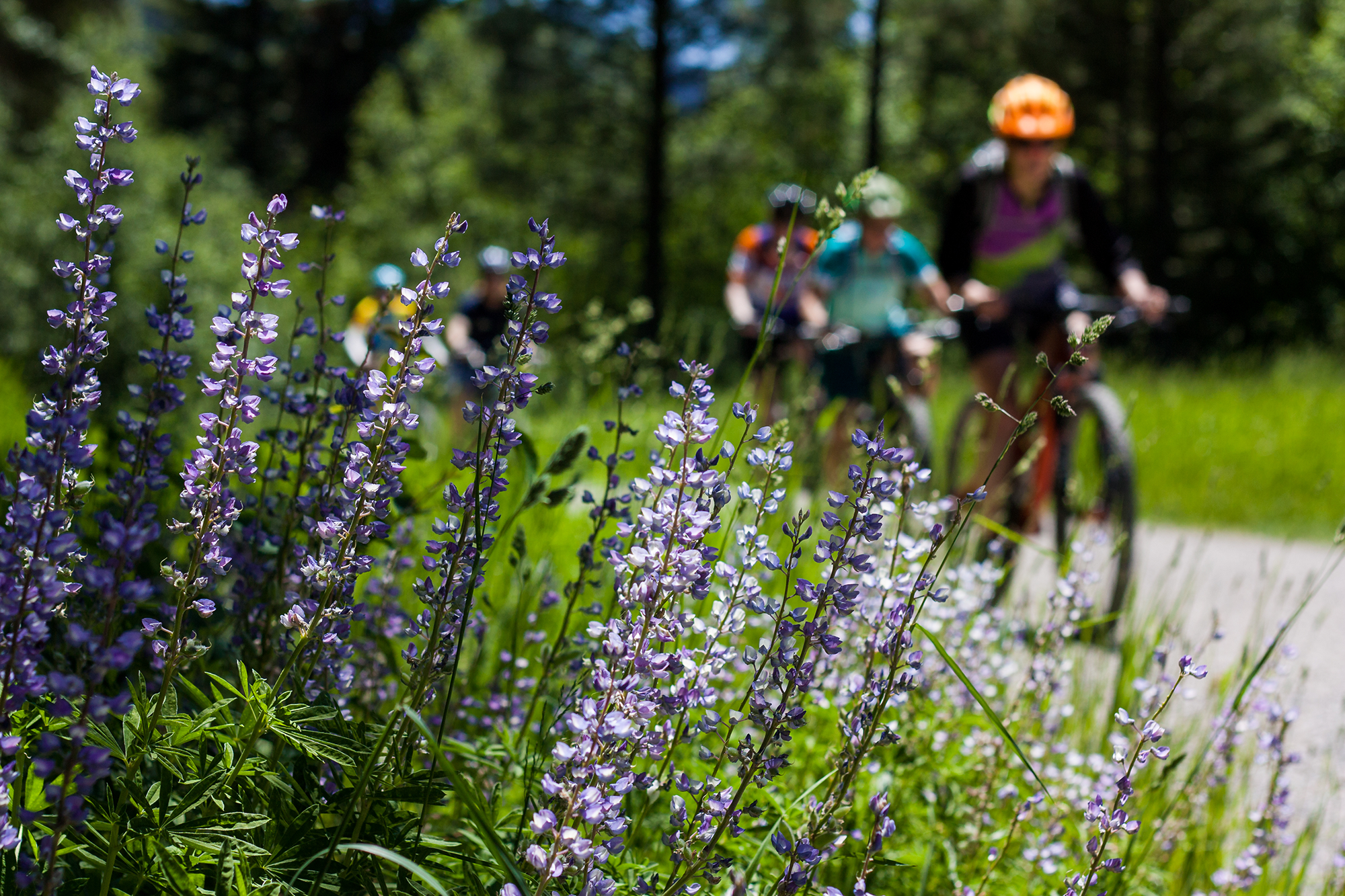Protect B.C.’s Quintette herd and give caribou a place to stand
We know, with the right action, caribou can be brought back from the brink.
Research from British Columbia shows a recovery model that includes collaboration across governments, Indigenous-led conservation, habitat protection, and other recovery actions works.
Yet, an international mining company stands to destroy some of the last remaining habitat of the endangered Quintette herd in northeast B.C. A government assessment shows the proposed Sukunka coal mine would cause irreparable destruction of critical caribou habitat.
The potential consequences to the survival and recovery of the Quintette herd would be catastrophic and could wipe out the herd completely.
Thanks to your support and your voice, the Klinse-Za herd, just north of the Quintette herd, has seen historic recovery, thanks to the efforts of West Moberly and Saulteau First Nations.
It’s time to once again tell B.C. that you want to protect caribou. That you choose caribou over coal.
Allowing 20 years of open-pit coal mining will leave lasting impacts, scarring what is the most intact large mountain region in the world, the Yellowstone to Yukon region.

Credit: Antonio Sunción.
Help the Quintette caribou
The Sukunka coal mine is proposed about 55 kilometres south of Chetwynd and 40 kilometres west of Tumbler Ridge in northeast British Columbia. The still-wild area is home to a vulnerable fragment of the once strong Quintette herd.
In the mid-2000s, the Quintette herd was estimated at around 200 caribou. Today, there are just 100 animals left. This is due, in part, to habitat loss and disturbance related to other mining in the area and additional effects of industry.
Environment and Climate Change Canada has said: “There is a high risk that the Project would contribute to the existing cumulative effects on the Quintette herd”, that “the effects of the Project are likely to compromise the recovery of the herd and increase the risk that recovery cannot be achieved” and that the mining company’s proposed mitigation will result in “no net improvement to habitat condition.”
We know proper support of Indigenous-led conservation and caribou protections work. The efforts of West Moberly and Saulteau First Nations brought about meaningful and important change for the Klinse-za caribou herd.
Now, Saulteau First Nations is asking for your support for the Quintette herd. Making sure all herds thrive here is important for long-term caribou population health in the region.
It’s time to #StandUpForCaribou and demand better:
Stand up for this species at risk!
The public comment period is open until September 1, 2022 at midnight PT. You can submit your comment by clicking the grey “Submit Comment” button halfway down the Environmental Assessment Office Project Information Centre page.
Before September 1, send your comments on the Sukunka coal mine to the Province of B.C. Tell government you care about caribou, and don’t want to risk losing the Quintette herd.
Here are some key points to consider when sending your comment:
- Southern Mountain Caribou are listed as threatened under the Species at Risk Act, designated as Endangered by COSEWIC, and red-listed and ranked as critically imperiled by the B.C. government.
- The Quintette herd, once strong, is at half the population they had less than a decade ago. We need to protect this fragile herd and taking away critical habitat for coal mining could well lead to the loss of the herd.
- Transmission lines and roads related to the mine will also affect grizzly bears and their habitat, reducing core security habitat beyond minimum acceptable levels.
- Recovery efforts must focus on no additional loss and destruction of critical caribou habitat as well as speed up the recovery of currently disturbed habitat. It’s important to maintain the herd while improving their habitat conditions. Allowing any further destruction is moving backwards instead of advancing the work to recover these endangered caribou herds. It’s a risk that would increase the chances of us losing them forever.
- Demand for metallurgical coal is declining and the global steel industry is moving away from coal.
In evaluating the mine, B.C. Environmental Assessment Office determined there would be:
- “Significant adverse effects to caribou and significant cumulative adverse effects to caribou in the region, as a result of the loss of high and low elevation caribou habitats, sensory disturbance from mine operations and construction, and the potential for the Quintette herd to abandon the important Bullmoose Mountain in their winter range critical habitat.”
- Significant impact on Indigenous peoples’ physical and cultural heritage, as well as their resource harvesting and current use of lands and resources for traditional purposes.
- Negative impacts to the air and drinking water for humans and animals alike near the mine — including loss of fish habitat and increased levels of selenium and mercury in the fish.
- “…moderate to serious impacts to Treaty rights related to fishing, hunting, trapping, and Aboriginal Interests related to gathering, trails, archaeological and heritage resources, and culturally-important sites.”
Coal mining in wild places has a literal trickle-down effect from waters, to wildlife, to people. From impacting the air, to the fish, to critical habitats and treaty rights, more will be lost than the Quintette herd if the Sukunka mine is approved.
Share this with your friends and family. Urge them to speak up for caribou.


